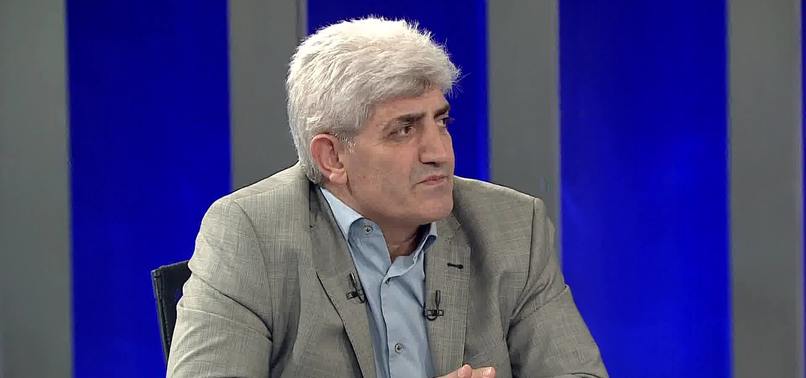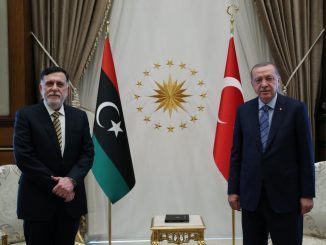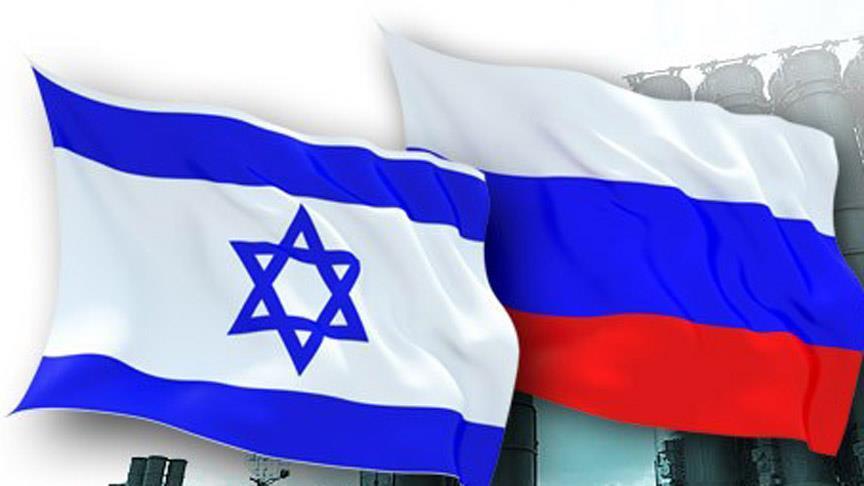
BY: İHSAN AKTAŞ*
Turkish society experienced a political catastrophe on July 15, 2016. It was certainly the greatest and the most dangerous attempt of occupation in the modern Turkish history. In war, your enemies and their goals are more or less finite. While the Ottoman State was defeated in the First World War by the United Kingdom and its allies, the Turkish nation succeeded in defeating the post-war occupational forces in the War of Independence.
Regarding the attempted coup of the Gülenist Terror Group (FETÖ), none of the plotters seem to have concrete knowledge about their ultimate goal. The hidden global forces behind the leader of FETÖ and his Western advisers also greatly remains a mystery. Turkish people from varying political allegiances set aside their differences to resist the coup, pouring into the streets instinctively knowing it was not a military intervention, but actually an attempted occupation of the country.
After the people defeated the coup plotters, politicians under the leadership of the President Recep Tayyip Erdoğan succeeded to establish the political ground of conciliation instead of polarization. In the national protest held in Yenikapı, Istanbul, on August 7, five million people from different political, economic and cultural backgrounds assembled to demonstrate against the attempted coup. Under the banner of the Turkish flag, all political parties stressed upon the vitality of national unity and integrity. Yet, that national protest took only a minor space in Western media, which had, however, massively broadcast the attempted coup.
The President of a Research Institute, which has been conducting social and political research for more than 20 years, has analyzed the attempted coup of July 15 and discussed how it has brought about radical changes in the social, economic and political structure of Turkey.
In the last decade, it was widely believed that the Turkish political parties were relying on political polarization for their electoral success. When asked if citizens support the idea of the president meeting with the leaders of opposing political parties, 87 percent of the interviewees answered positively. In a similar context, regarding the question about the President’s position in the heated night of the attempted coup, 91 percent of the interviewees responded positively. Finally, 90 percent of the interviewees emphasized their support for the “Yeni Kapı Spirit.”
Similarly, in a nation-wide research conducted over 5,000 interviewees, Prof. Nükhet Hotar, the vice President of the Justice and Development Party (AK Party), made significant discoveries:
The nationalist and conservative voter base of Turkey has reached 75 percent. Thus, a new political spectrum that underlines patriotism and religious values has strongly emerged, especially after the attempted coup. Within such a massive patriotic and conservative constituent, the voters of AK Party, Republican People’s Party (CHP), Nationalist Movement Party (MHP) and even Peoples’ Democratic Party (HDP) find social and political representation.
Although the MHP seemed, in the last elections, more close to the CHP as the main oppositional-political party, they were always able to make their own policies especially in the issues of national interest. Today, the constituents of AK Party and MHP act together in various political issues, while the aforementioned predominant emotions in society in favor of patriotism and conservatism continue to affect all the parties’ grassroots. Yet, the oppositional CHP seems to remain ignorant of such a massive social transformation, while the HDP could not escape the grip of the PKK.
In this respect, it is not surprising that the MHP is the leading pioneer of the foundation of the new constitution. In fact, the sociological structure that has emerged after the attempted coup shall, in the upcoming decades, be the main axis of Turkish politics. Each and every political crisis presents an invaluable window of opportunity for rejuvenation. In this respect, the resistance against the attempted coup of July 15 turns into a revolution through which ordinary people embrace their democracy and strongly demand for a new and civil constitution.
*İHSAN AKTAŞ is a Turkish columnist. He writes for Daily Sabah.
(Published in Daily Sabah on Saturday, Oct. 29, 2016)



